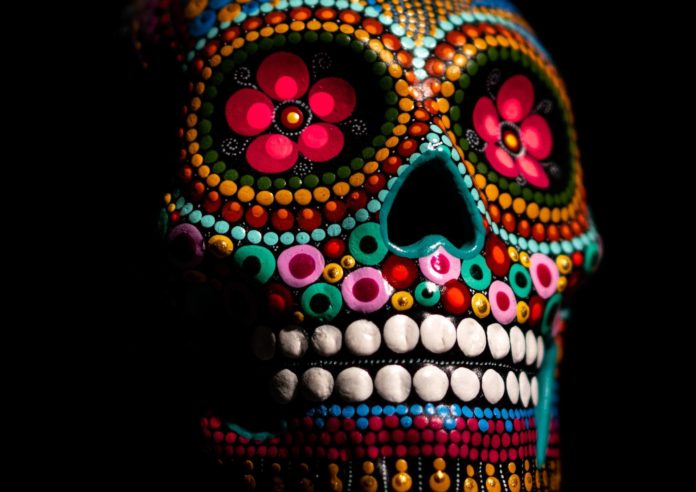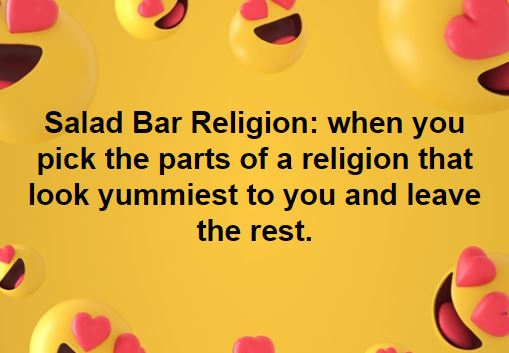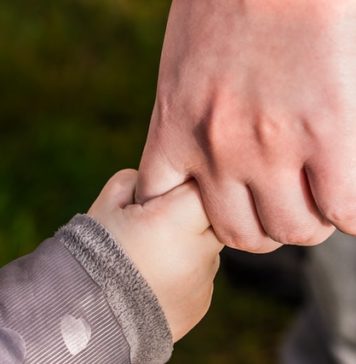Everybody should —in their lifetime consider death, To wonder what it will be like to go to sleep and never wake up. the contemplation of death, and the acceptance of death, is very highly generative of creative life.
– Alan Watts
In my hypnotherapy practice, I tend to attract a certain kind of client.
These clients and I share a strong propensity for laughing at the darker sides of life – finding humor in death, suffering, and absurd voices that live in our head.
My sessions tend to be highly existential, and my approach makes little attempt at whitewashing what I like to call the Incredible Darkness of Being. This is often called a pessimistic world view, usually by people who, in my opinion, are afraid to call it realism.
Or maybe I have an overly large negativity bias, that’s definitely an option as well.
The clients I tend to get along best with share the same world view. Life is overrated, now let’s make the best of it. Or not. Because if you’re looking for someone to convince you to stick around, that is not gonna be me.
Louis C.K. jokes that he’d kill himself just to win an argument. I think there are many arguments people can make for killing themselves. People often invoke the anecdotal stories of attempted suicides who, at the last minute, regret their attempt. What you don’t hear about as often is the people who try to kill themselves over and over again.
My point being, I believe the choice is yours, and I am glad not to be bound to any external ethical code of conduct that commands me to save lives at all costs or report suicidality to the authorities.
(One client of mine works in mental health and is quick to remind me that she knows exactly what to tell the authorities so they leave her alone and let her die in peace.) You had no choice about coming into this world, but you sure as hell should have the option to leave it, if you so choose.
But while you’re still around, examining death, dancing with it, can have some real advantages, and I employ them in work with others.
It gives perspective. I sometimes do guided end-of-life mediations with clients where they simulate their own deaths in their minds. It helps them remember their priorities, reconnect with the people who are most important to them, and keep their daily challenges in perspective.
It gives relief and restores choice. If your life is miserable enough, which it is for many people, just knowing that you have a way out can be a big consolation. A client of mine has amassed enough opioids to kill herself, and she sleeps with them by her side to comfort her.
Knowing you don’t have to be here is often what you need to actually continue sticking around. To quote the legendary Louis C.K again, “no one can make you do anything, because you can always kill yourself.” It’s the ultimate freedom.
You can use it as a catalyst for growth. Very often when we try to grow or change, there’s a voice that whispers to us that if we make this change, we will literally die. Core changes to how we operate, letting go of deeply ingrained beliefs that shape how we perceive ourselves, can be so threatening to our psyche that if feels like we’ll cease to exist if we change.
When these situations come up, I use our shared blasé attitude towards death to my advantage. “You say that if you change this pattern you’ll die? Well, what’s so bad about that.” By pitting the part of yourself that fears death against another part that craves it, you can find the strength to go further, dive deeper, and explore what lies on the other side of the darkness that inevitably lies within.
I invite to die a little inside. It’ll do you good.













